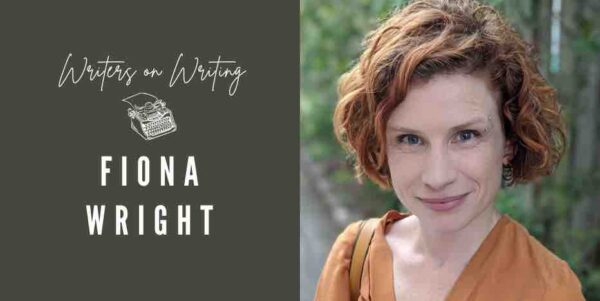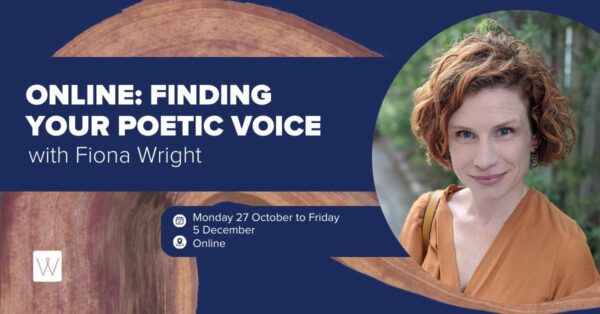
What does it mean to “find your poetic voice?” Is a voice like a persona, or a point of view?
Why is it important for poetry to be unexpected?
I think it’s important for all writing to be unexpected – surprise and wonder are a part of every form! What’s special about poetry, though, is that because it’s such an unrestricted form, with so many permutations, every word and every line can be an opportunity for surprise. Encountering the unexpected is one of my biggest joys as a reader, and something that I think makes writing feel its most alive.
In a form like poetry, where it can feel like there are no ‘right answers’, what is the value of critical feedback and critique?
To me, there are two factors that make critical feedback from others so important. The first is that a fresh set of eyes and a different brain can often allow you to see things within your work that you, because you are so close to it, just can’t, and can open up new possibilities and new directions, even challenge you in your thinking – all of which are invaluable. The second is less tangible – because so much of writing is solitary, even isolating, it’s important to gather other people around you and your work, especially those who get what you are doing.
How can a poet become better at noticing opportunities to play with words?
More and more these days I’m realising that the important thing is to notice and to make opportunities to play, in and of itself. It can be especially hard to lose sight of the playful aspect of writing when you’re working on big projects, and deep in the grind-ey kind of work, or in the weeds (as I’ve heard many writers call it). That kind of work is necessary – you’ll never finish anything without it – and it has its real joys, like deep-thinking and problem-solving, too. But it does make it easy to forget to play, to mess about and try things out. Playing is always generative, and it’s often where some of the most exciting ideas and work actually come from.
Who are some Australian poets with a distinct and exciting poetic voice?
There are so many – it’s difficult to only name a few! But some poets I’ve read recently with really interesting and powerful voices include Hasib Hourani, whose book rock flight just floored me; Sarah Holland-Batt, who is such an elegant and precise lyricist; and Evelyn Araluen, whose voice is always spunky and so sharp. All three of them regularly do things with their poems that astound me, and that I just can’t – which is the very point of voice.
Fiona Wright is a writer, poet, editor and critic. Her book of essays Small Acts of Disappearance won the 2016 Kibble Award and was shortlisted for the 2016 Stella Prize. Her poetry collections are Knuckled and Domestic Interior, and her most recent essay collection is The World Was Whole. She is currently the Judy Harris Writer in Residence at Sydney University’s Charles Perkins Centre.
Join Fiona Wright for her course, Online: Finding your Poetic Voice, Monday 27 October to Friday 5 December 2025, online.

If you want to be the first to read great advice, prompts and inspiration from our incredible tutors, subscribe to our weekly e-newsletter Newsbite.
More from Writing NSW
Check out our full range of writing courses in Sydney, our online writing courses and our feedback programs to see how we can help you on your creative writing journey. Find out about our prizes and opportunities as well as writing groups across NSW, and sign up to our weekly newsletter for writing events, opportunities and giveaways.
